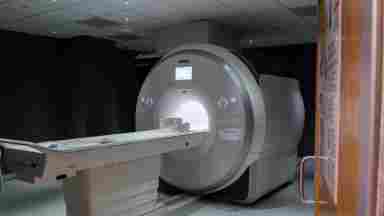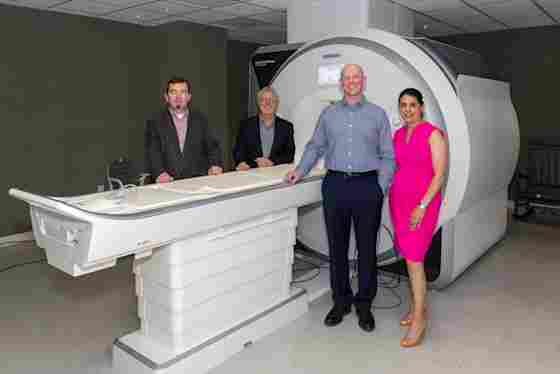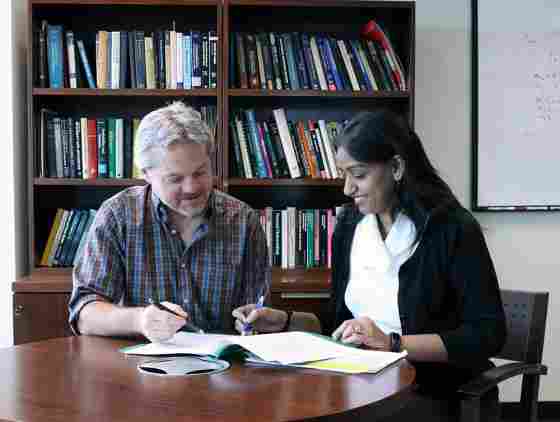The complex, sophisticated human brain contains 100
billion neurons, each of which is
connected to an average of 7,000
other neurons. They pass signals via
500 trillion synaptic connections.
Unsurprisingly, the brain's secrets
have been difficult to uncover.
However, we finally have the
technology that allows us to see into the living
brain. With this capability, we can
gather and analyze terabytes of data
with a fidelity that was previously
impossible.
In 2019, the Center for BrainHealth® opened The University of Texas at Dallas BrainHealth Imaging Center, which is uniquely focused on the discovery of composite brain health metrics to measure the brain's positive response to interventions.
In addition, The BrainHealth Project is generating vast amounts of data from our technology platform, the training modules and our multimodal brain imaging paradigms. These anonymized data will be shared openly with collaborating researchers to uncover new insights and pave the way for precision brain health.


